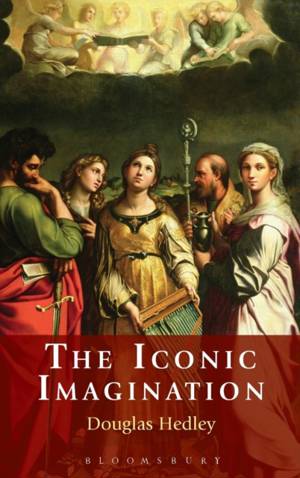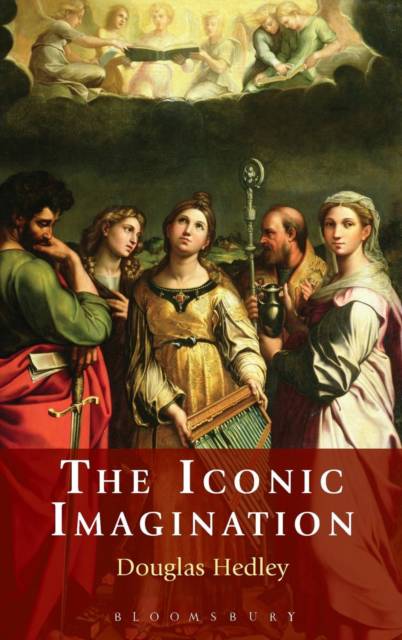
- Afhalen na 1 uur in een winkel met voorraad
- Gratis thuislevering in België vanaf € 30
- Ruim aanbod met 7 miljoen producten
- Afhalen na 1 uur in een winkel met voorraad
- Gratis thuislevering in België vanaf € 30
- Ruim aanbod met 7 miljoen producten
Zoeken
Omschrijving
Is it merely an accident of English etymology that 'imagination' is cognate with 'image'? Despite the iconoclasm shared to a greater or lesser extent by all Abrahamic faiths, theism tends to assert a link between beauty, goodness and truth, all of which are viewed as Divine attributes. Douglas Hedley argues that religious ideas can be presented in a sensory form, especially in aesthetic works. Drawing explicitly on a Platonic metaphysics of the image as a bearer of transcendence, The Iconic Imagination shows the singular capacity and power of images to represent the transcendent in the traditions of Christianity, Judaism, Hinduism and Islam. In opposition to cold abstraction and narrow asceticism, Hedley shows that the image furnishes a vision of the eternal through the visible and temporal.
Specificaties
Betrokkenen
- Auteur(s):
- Uitgeverij:
Inhoud
- Aantal bladzijden:
- 320
- Taal:
- Engels
Eigenschappen
- Productcode (EAN):
- 9781441172174
- Verschijningsdatum:
- 25/02/2016
- Uitvoering:
- Hardcover
- Formaat:
- Genaaid
- Afmetingen:
- 152 mm x 229 mm
- Gewicht:
- 598 g

Alleen bij Standaard Boekhandel
+ 644 punten op je klantenkaart van Standaard Boekhandel
Beoordelingen
We publiceren alleen reviews die voldoen aan de voorwaarden voor reviews. Bekijk onze voorwaarden voor reviews.











